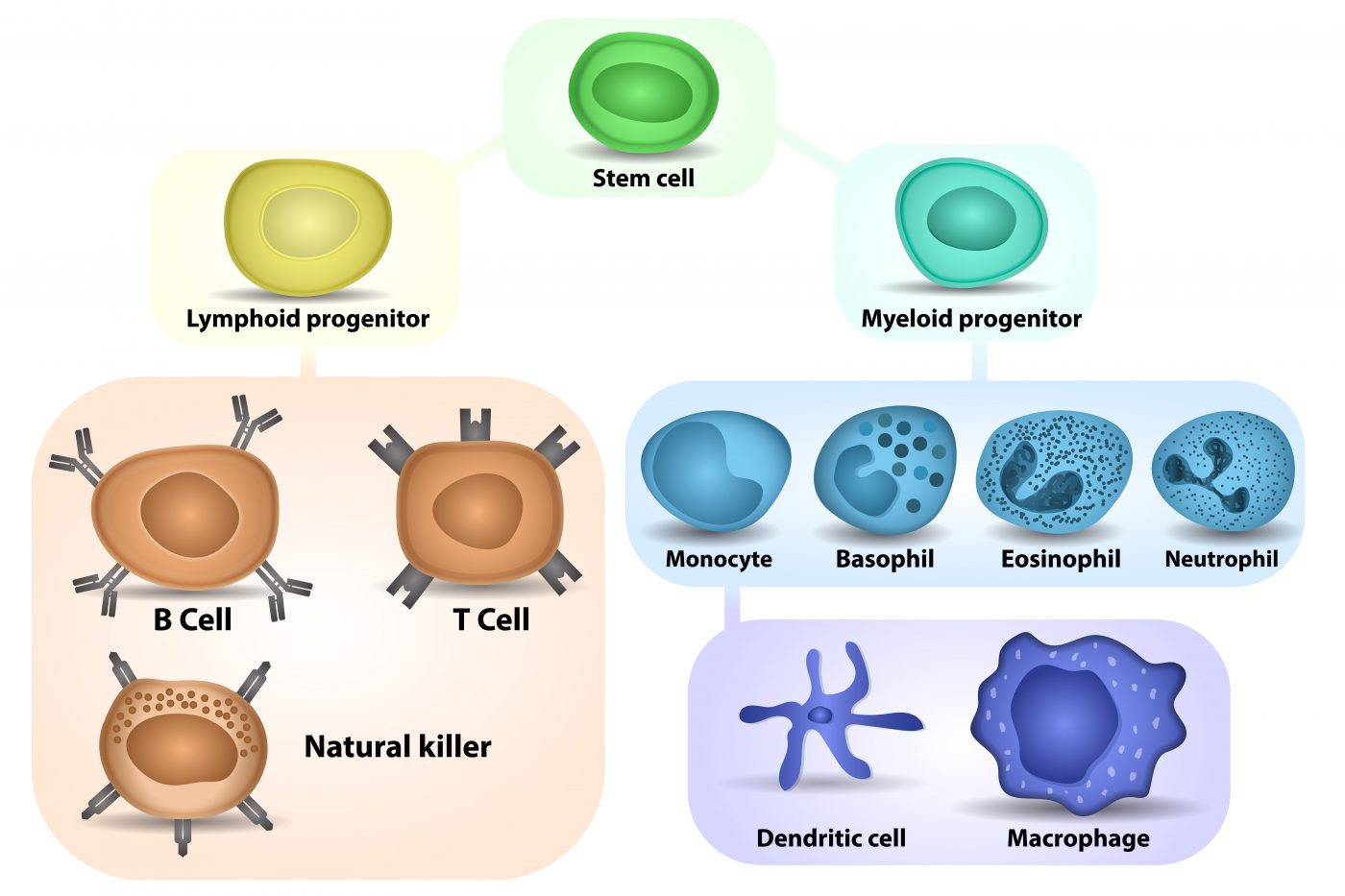In a new study entitled “C/EBPα Activates Pre-existing and De Novo Macrophage Enhancers during Induced Pre-B Cell Transdifferentiation and Myelopoiesis” scientists discovered that the transcription factor C/EBPα is the only required factor for converting B cells into macrophages, a process known as transdifferentiation. The findings were published in the journal of the International Society for Stem Cell Research, Stem Cell Reports.
An exciting venture was recently launched when scientists discovered differentiated cells could be transformed into other cell types. Accordingly, to differentiate a skin cell into a muscle cell only a few molecules, known as transcription factors, are necessary.
However, an open question remained: was this induced process in fact similar to the normal differentiation processes occurring during our development? As Thomas Graf, study lead author and principal investigator in the Center for Genomic Regulation, Spain, noted, “For a long time it was unclear whether forcing cell fate decisions by expressing transcription factors in the wrong cell type could teach us something about what happens normally during physiological differentiation. What we have now found is that the two processes are actually surprisingly similar.”
Researchers at the Center for Genomic Regulation have now tackled this question, showing that B cells’ transdifferentiation into macrophages (two important cells of the immune system) occurs when the transcription factor C/EBPα binds to two regions in the DNA called enhancers. The team discovered that one enhancer is turned off, and is only turned on when precursor cells are committed to differentiate into macrophages; the other enhancer is always turned on. The team discovered that these two enhancer-mediated pathways lead B cells into behaving like a macrophage precursor cell, with C/EBPα functioning as the triggering factor for the transdifferentiation.
While these findings deepen our understanding on transdifferentiation and are vital for clinical research, researchers are already focusing on another unresolved question, as Dr. Grad explained, “This has taught us a great deal about how a transcription factor can activate a new gene expression program (in our case, that of macrophages) but has left us in the dark about the other part of the equation; namely, how the factor silences the B cell program, something that must happen if transdifferentiation is to work. This is one of the questions we are focusing on now.”
These novel findings are crucial as B cell-to-macrophage transdifferentiation may be used in the future as therapeutics where human cancer B cells, such as lymphoma or leukemia, may be converted into healthy, non-cancerous macrophages and assist in regenerative processes.


